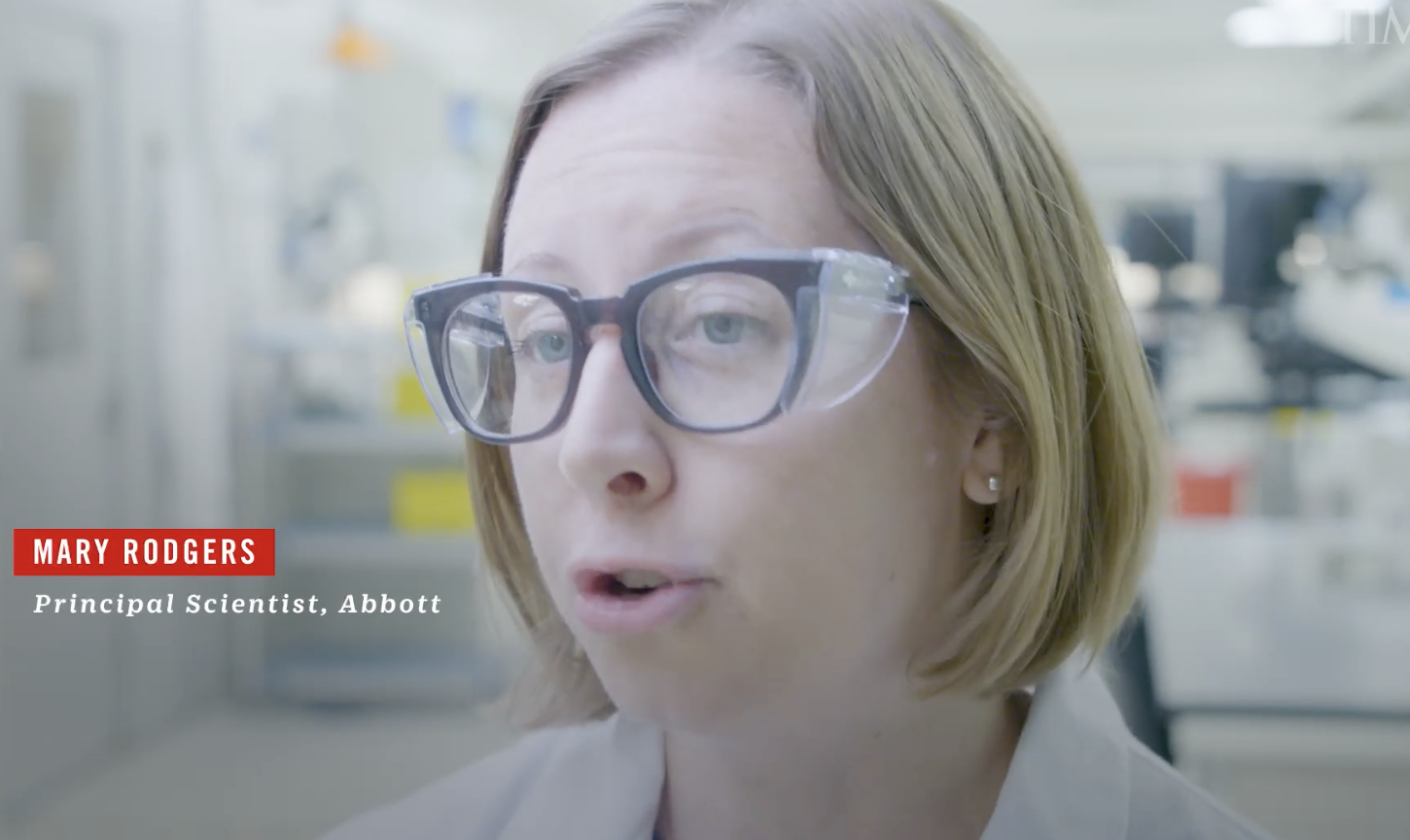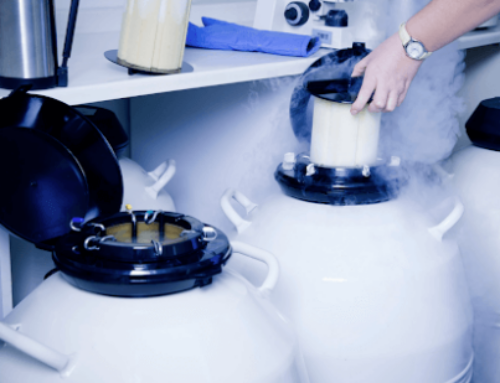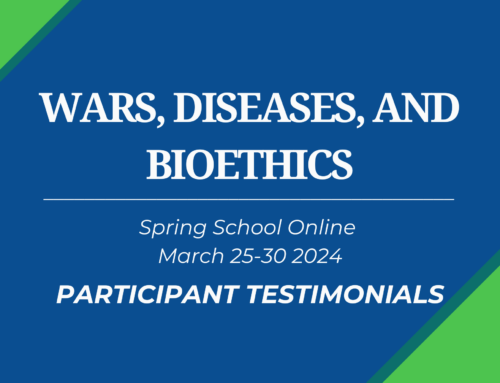Nobody saw SARS-CoV-2 coming. In the early days of the pandemic, researchers were scrambling to collect samples from people who had mysteriously developed fevers, coughs, and breathing problems. Pretty soon, they realized that the disease-causing culprit was a new virus humans hadn’t seen before.
And the world, lacking a coordinated global response, was unprepared. Some countries acted quickly to develop tests for the novel coronavirus, while others with fewer resources were left behind. With a virus oblivious to national borders, and with travel between countries and continents more common than it had been in previous centuries when past plagues had hit, these inequities meant everyone was vulnerable. The solution? Shutting the world down, closing borders, and asking people to hide from the virus by staying indoors.
It soon became clear that the world would only weather this pandemic by working together, and that governments alone couldn’t necessarily save us. Surveillance into the microbial world was necessary in order to predict coming outbreaks—and, barring that, then at least detect them more quickly after they hit. Some in the private sector saw an opportunity. In 2021, Abbott—the global health care company known for its diagnostic tests—decided to start the Abbott Pandemic Defense Coalition (APDC), the first convergence of public health and academic experts led by a private company. It now includes 15 members based in 12 countries. Its mission: to detect new pathogens that threaten to wreak havoc on the world, share their discoveries by making their findings available publicly, and contain them before it’s too late.
Read more here.






